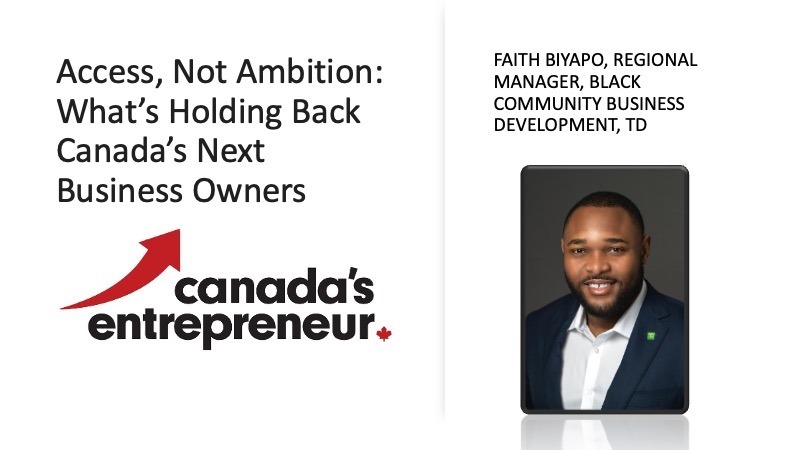A new national report from The Salvation Army shows that a growing number of Canadians are struggling to stay afloat, with fewer people confident in their financial future and increasing reliance on essential support services.
The Salvation Army surveyed more than 1,500 Canadians to produce the 2025 Canadian Poverty and Socioeconomic Analysis to better understand their attitudes, behaviours and experiences on issues such as the availability of housing and food, general affordability and related health outcomes. As the largest non-governmental direct provider of social services in Canada, this data helps The Salvation Army to quantify the demand for ongoing social services provided and allows the organization to better serve those in need.
The report finds that 46% of respondents feel optimistic about their finances over the next two years, down from 51% in 2024. At the same time, concern about job security has more than doubled, rising to 22% in 2025 from 10% in 2024.

Glenn van Gulik
“We’re seeing a clear erosion of financial stability for Canadians,” said Glenn van Gulik, spokesperson for The Salvation Army. “People who were once getting by are now facing real hardship, and they’re turning to us for help.”
For the second consecutive year, housing and healthcare remain the top concerns among Canadians. However, the report highlights a growing wave of economic anxiety, driven by rising costs and shrinking margins, said the organization.
“Many of the people walking through our doors never expected to need help,” said van Gulik. “The cost of living is forcing hard choices, between food, rent and medicine. And for many, there’s simply no buffer left.”
Eighty-six percent of Canadians say U.S. tariffs are driving up prices on everyday goods, and 85% say essential items like groceries are now more expensive due to ongoing trade disputes. Nearly 4 in 5 say lower-income families are hit hardest, said the report.
The impact is being felt widely:
- 63% say they’ve personally experienced financial hardship due to U.S. trade policy
- 58% have noticed regular items becoming harder to find
- Parents, newcomers and food bank users are reporting disproportionate effects
 The report shows that community-based support systems are making a real impact:
The report shows that community-based support systems are making a real impact:
- 4 in 5 individuals who accessed shelters or food banks report improved well-being
- More than half say they now have better access to food
Despite that, donations are declining, with an average 2.7-point drop in charitable giving compared to 2024, added the Salvation Army.
“Our services are working; they’re helping people through the hardest times,” said van Gulik. “But the gap between rising demand and available support is widening. We need Canadians to continue standing with us.”

Mario Toneguzzi
Mario Toneguzzi is Managing Editor of Canada’s Entrepreneur. He has more than 40 years of experience as a daily newspaper writer, columnist, and editor. He was named in 2021 and 2024 as one of the top business journalists in the world by PR News. He was also named by RETHINK to its global list of Top Retail Experts 2024 and 2025.
About Us
Canada’s Entrepreneur is the number one community media platform in Canada for entrepreneurs and business owners. Established in 2016, our podcast team has interviewed over 800 Canadian entrepreneurs from coast-to-coast. With hosts in each province, entrepreneurs have a local and national format to tell their stories, talk about their journey and provide inspiration for anyone starting their entrepreneurial journey and well- established founders.
The commitment to a grass roots approach has built a loyal audience on all our social channels and YouTube – 500,000+ lifetime YouTube views, 250,000 + audio downloads, 50,000 + average monthly social impressions, 15,000 + engaged social followers and 120,000 newsletter subscribers. Canada’s Entrepreneur is proud to provide a local, national and international presence for Canadian entrepreneurs to build their brand and tell their story





